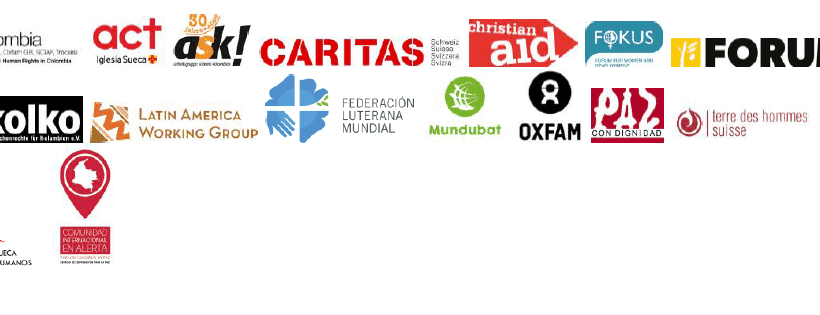Bogotá, 16 de marzo de 2020. Las organizaciones internacionales de sociedad civil que suscribimos el presente comunicado registramos con profundo...
Category: News

Ethnic Focus in the Special Jurisdiction for Peace
In recent months the Special Jurisdiction for Peace (JEP) has started to get into full swing. We have seen interesting...
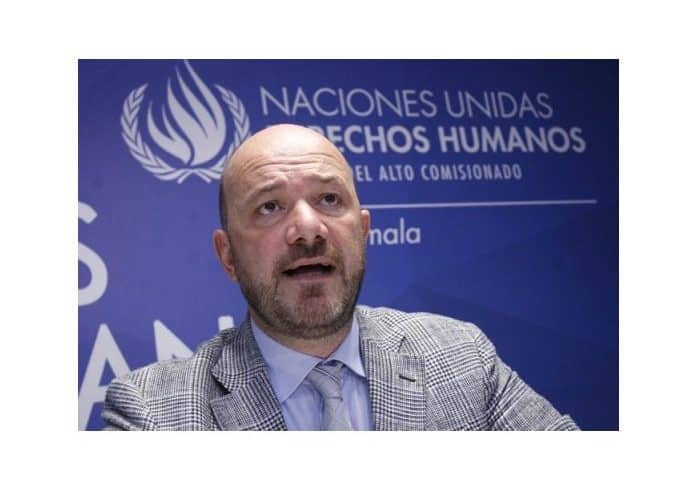
Declaration of Support to the OHCHR in Colombia
WE FULLY SUPPORT THE WORK OF THE OFFICE OF THE UNITED NATIONS HIGH COMMISSIONER FOR HUMAN RIGHTS (OHCHR) IN COLOMBIA...
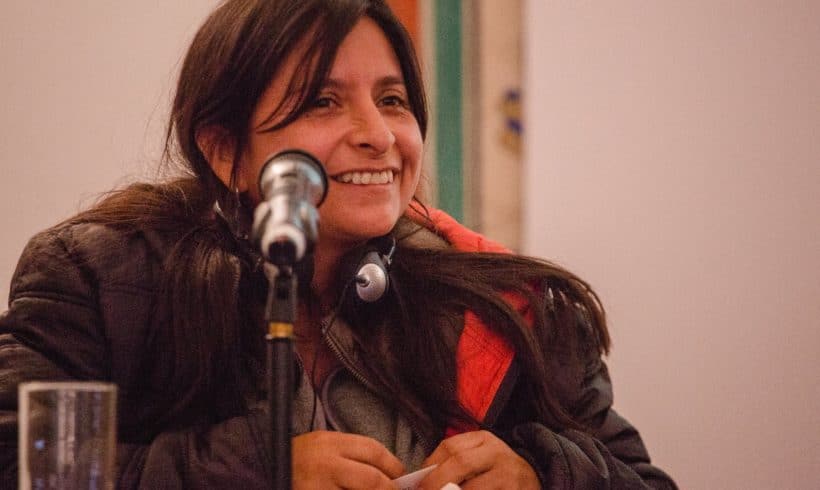
In the International Women’s Day ABColombia say #IStandWith Emilse Paz
“Our dream is the demilitarization of our territories, so they are peace territories, as they were years ago. There we...

UN Annual Report on Human Rights in Colombia
ABColombia welcomes the annual report on 26 February 2020 of the Office of the United Nations High Commission for Human...
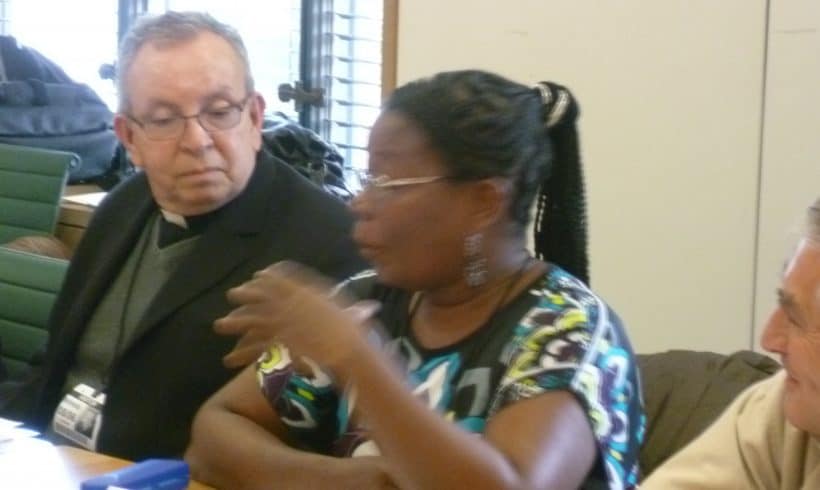
Written evidence from ABColombia to the Foreign Affairs Committee
This written evidence focuses on human rights defenders and draws examples of work undertaken by the FCO in relation to...
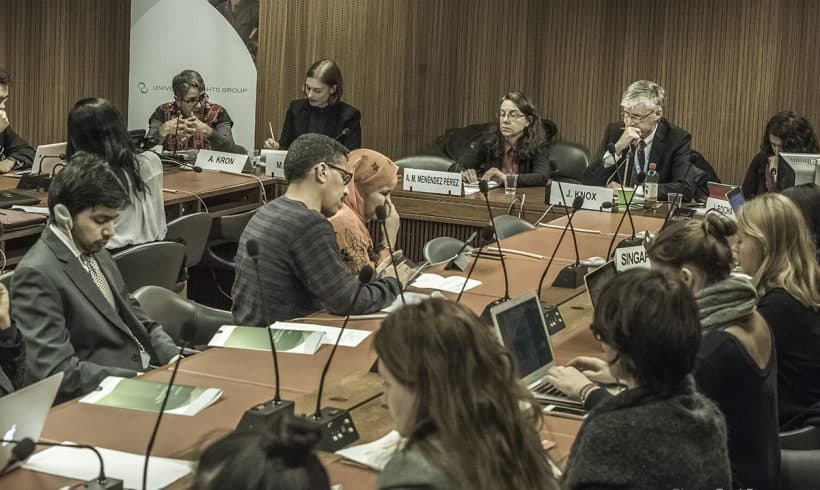
Side event at the 43rd session of the UN Human Rights Council in Geneva
Human Rights Defenders Report of the visit of the UN Special Rapporteur to Colombia Geneva, 6 March 2020 Palace of...
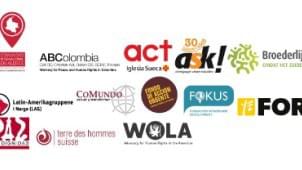
The Protection of People in the midst of conflict is an ethical and political imperative that is a commitment of our humanity
The International Civil Society Organisations signing this statement urge the armed actors in Colombia to guarantee the lives of the...
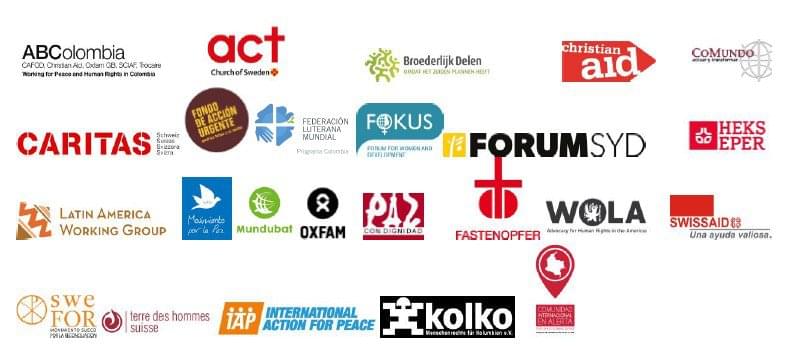
International Civil Society Organisations in Alert for Assassinated Social Leaders and Worsening Humanitarian Crisis in Colombia
As International Organisation we express our profound concern regarding the severe deterioration of the armed conflict in Colombia, which has...
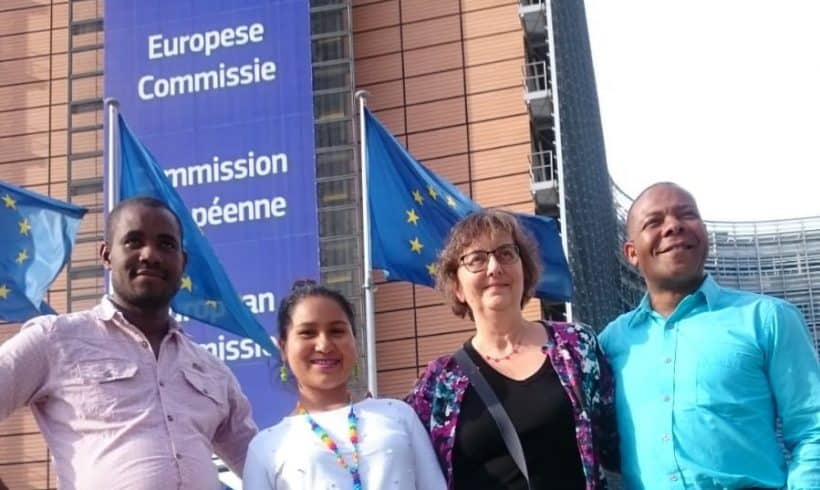
Guardians of the Atrato River visit the EU
In November 2019 two Guardians of the River Atrato together with the a representative of the Dioceses of Quibdo, Choco,...

